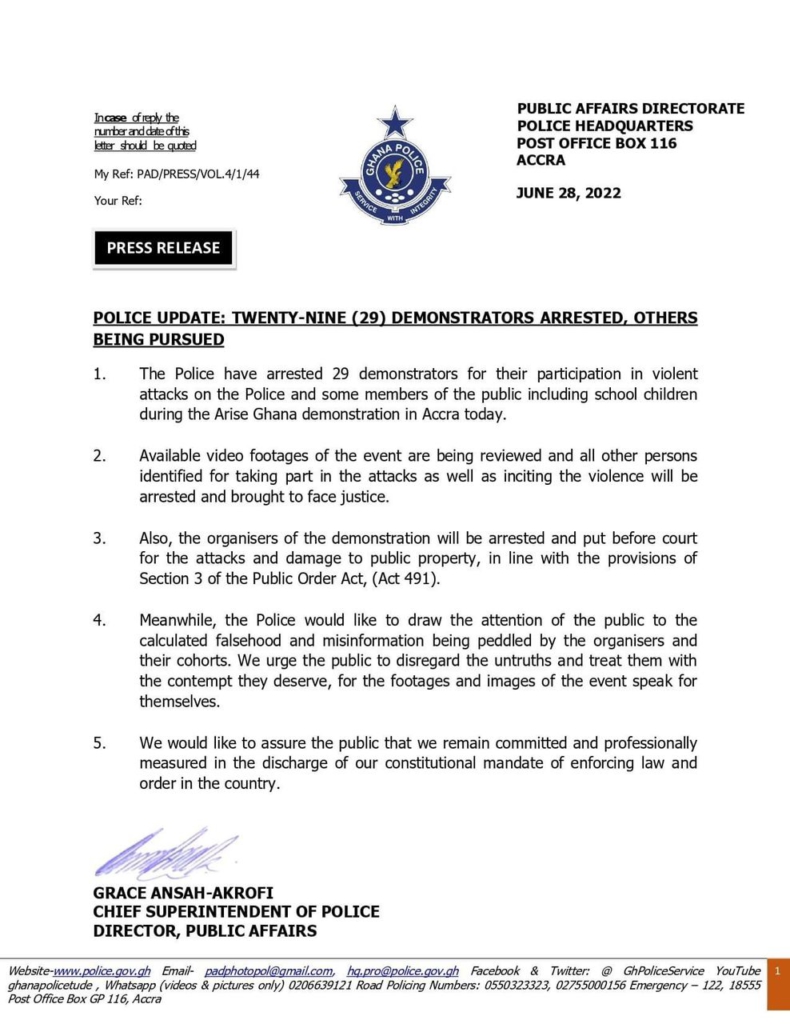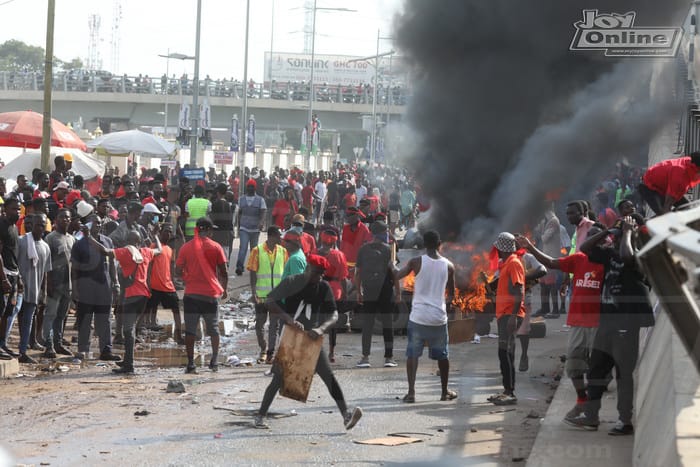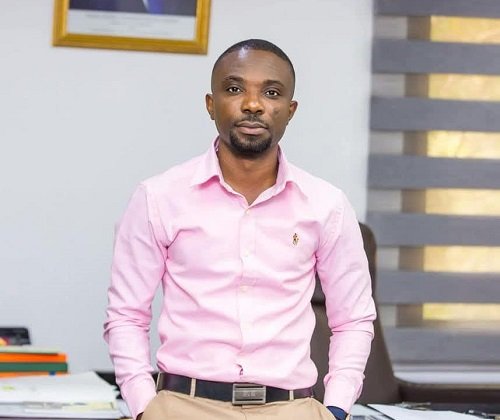Madam Sandra Seyram Kpedor, the District Chief Executive (DCE) of Anloga in the Volta Region, has emphasised the importance of parental involvement in children’s education, stating that education is free, but parents need to do more to support their children.
She said parents, teachers, and students must be involved in addressing the challenges facing the district’s education sector, particularly the poor Basic Education Certificate Examination (BECE) results.
Madam Kpedor outlined some key roles parents should play to promote their children’s education, including providing a conducive learning environment, monitoring their children’s progress, and supporting teachers.
The DCE highlighted some challenges the district faced such as inadequate infrastructure and a shortage of teachers, which have also contributed to the poor BECE results and called on well-to-do parent to help solve the situation through and other supports.
To address the issues, she also announced that plans have been taken to utilise the district’s common fund to implement educational projects, such as constructing school blocks and teachers’ bungalows at Sodzi community, and 2-unit classroom blocks each at Akplorwutorkor and Tegbi-Afedome respectively, among others.
Madam Kpedor also noted that her office had earlier notified the Ministry of Education to deploy more teachers to the area to improve teaching and learning, and encouraged students to work hard and strive for excellence, and work beyond their limit to succeed.
“To my wonderful and beautiful girls, you have to know it clear that women and girls have equal opportunities to compete with men for greater achievements,” she indicated.
The DCE cited her own achievement as a testament to the fact that women can excel in leadership positions, alongside Vice President Nana Jane Opoku-Agyemang, and stressed that girls were no longer limited to domestic roles but can pursue their dreams and become leaders.
Additionally, she mentioned that a meeting was held earlier with assembly members, and other stakeholders to address the district’s educational challenges and improve academic performance.
She promised that the district’s education oversight committee and stakeholders would work together to address the challenges and improve the district’s BECE results and called for parental involvement and support to boost the district’s education sector for children to chase their dreams to become future leaders for the success of the district and the nation.
She urged parents not to leave everything to the government but rather help in the provision of some necessary materials such as textbooks, exercise books, pens, pencils, food, and guidance to children for the successes of young learners. –GNA















